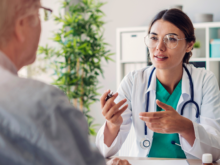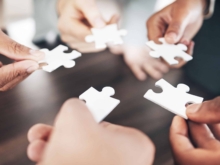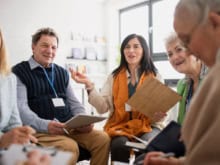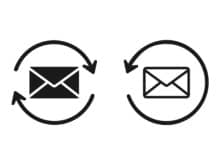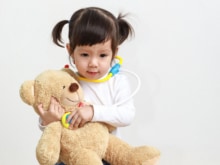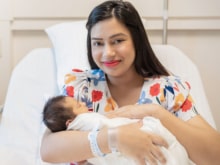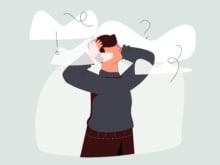Transforming healthcare together
We’re working together to address our biggest health challenges and advance healthcare for a better future.
JOIN NOW
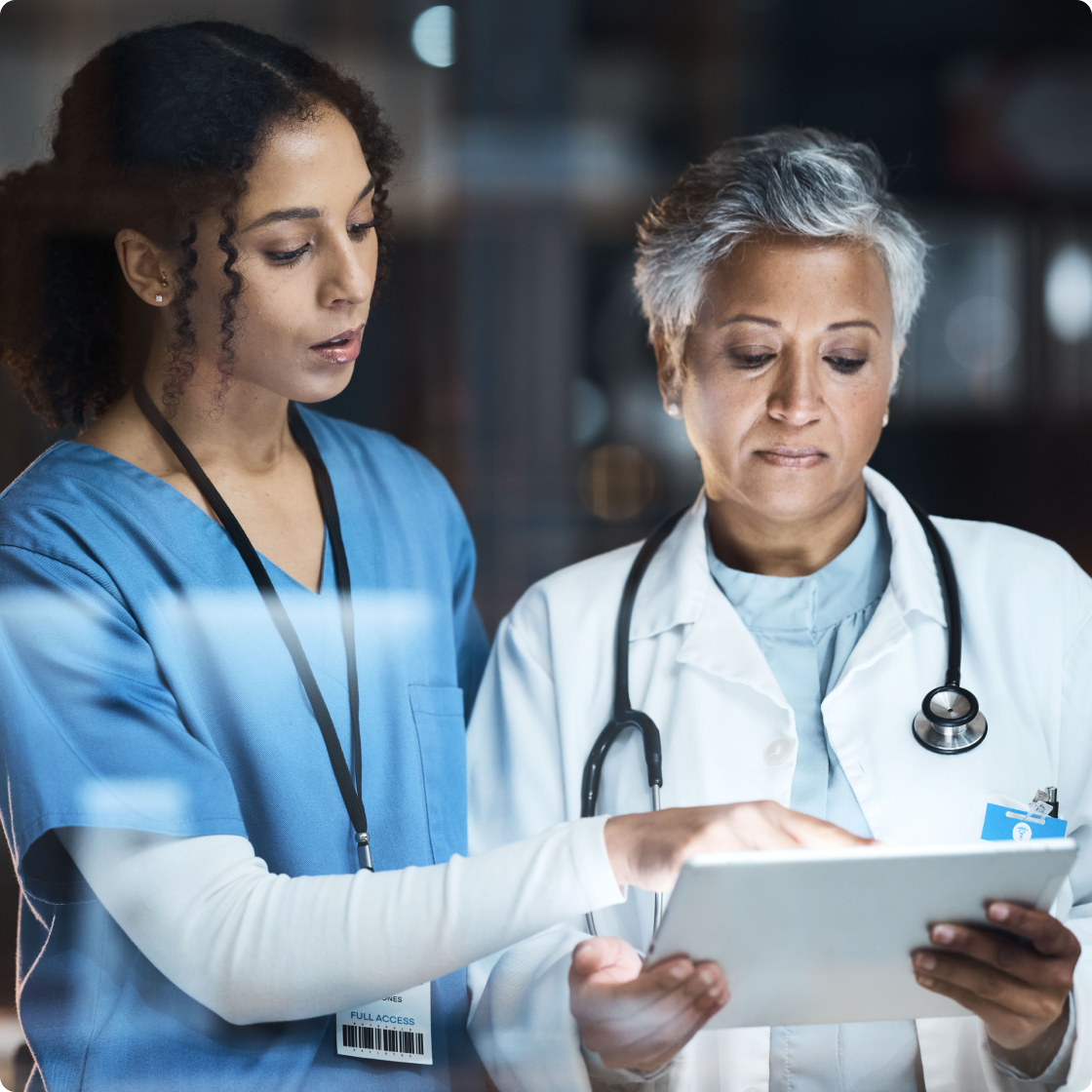
A collaborative approach
-
Collaborate
-
Amplify
-
Transform
-
Impact
We are Maridulu Budyari Gumal, the Sydney Partnership for Health, Education, Research and Enterprise (SPHERE). Fifteen leading organisations on a mission to make an evidence-based impact for better healthcare. The faster we translate our discoveries into practice, the more rapidly we improve health outcomes.


